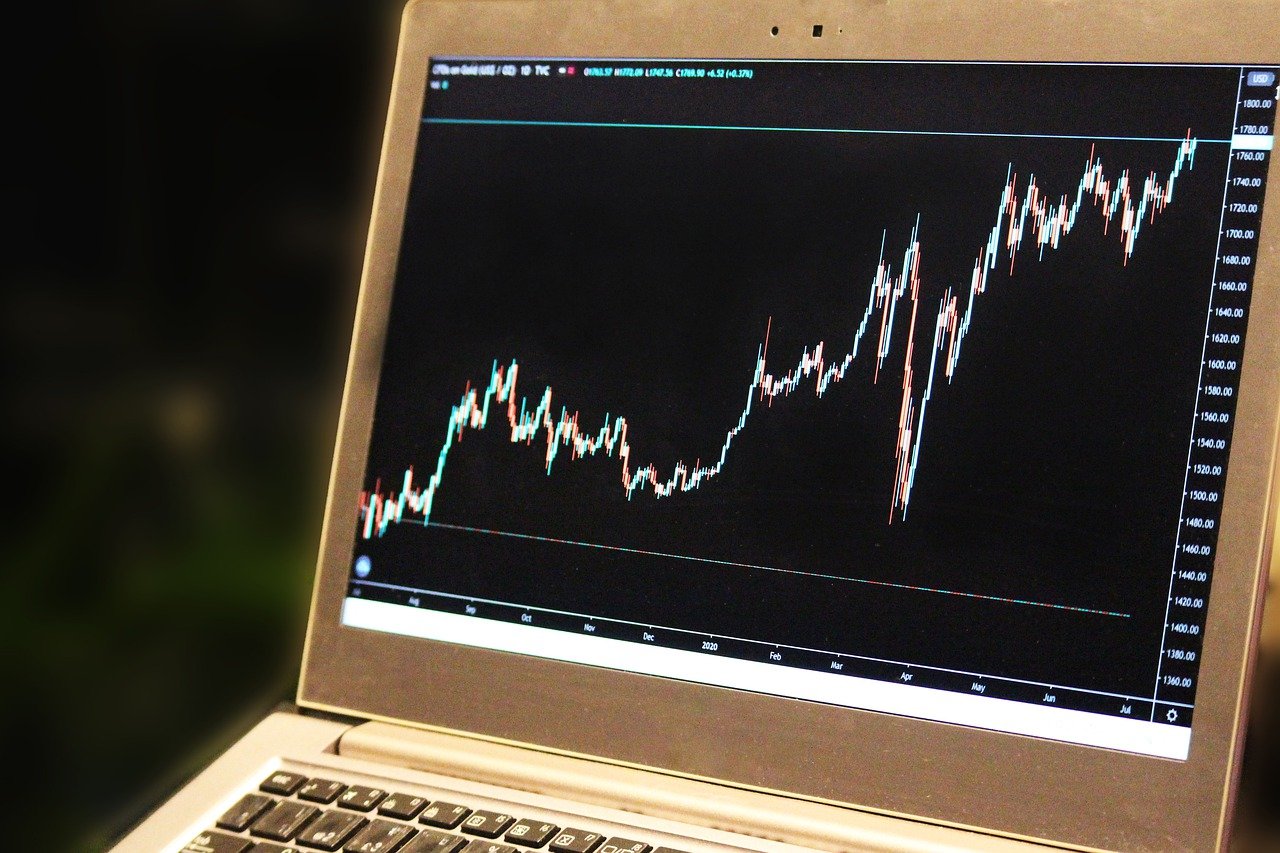
There are different types of options available in Indian stock market. Let us check an overview of each type as well as some basic terminology every option investor should be familiar with.
Call Options
A call option gives the investor the right (not the obligation) to buy the underlying stock, bond, commodity, or other instrument, at a specific price within the time frame of the contract. The specified price is called the strike price. An investor who is bullish on the stock, meaning he expects the stock to rise in near future or within the specific time frame, would buy a call option.
For example, say Investor A thinks stock XYZ is going to post high earnings next month and the stock is going to go higher. So she buys a call option on the stock for ₹20. The option contract specifies that she can purchase 100 shares of XYZ at a strike price of ₹100 within the next 60 days. If the price of the stock falls below ₹100, then she will not exercise the option. The contract will expire worthless and she will have lost the ₹20 purchase price. However, if the price of the stock rises above ₹100, say to ₹130, then she will exercise the option, buy the stock for ₹100, and then sell it at the higher market price. She has now made a nice profit. This is how share market trading basics work in call options.
Put Options
A put option is the opposite of a call option. It gives the owner the right (but not the obligation) to sell the underlying stock at a specified price (the strike price) within the specified time period. An investor who is bearish on the stock, meaning he thinks the stock price is headed downward, would buy a put option.
For example, say Investor B thinks stock XYZ is overpriced and will decline in price over the next 60 days. He buys a put option on the stock for ₹20. The contract gives him the option to sell the stock for ₹120 within the next 60 days. If the stock rises above ₹120 per share then he would not exercise the option. It would expire worthless and he has lost his initial investment. If instead the price of the stock drops below ₹120, to say ₹90, then he would exercise his right to sell the shares at ₹120 and pocket the difference as profit.
Using Call and Put Options to Make a Profit
There are a number of ways you can use call and put options.
For example, suppose you think that shares of ABC company that are currently selling for ₹200 per share are underpriced and are going to go higher in the next couple of months. You don’t have enough money to buy 100 or more shares of stock, yet would still like to make money from the rise in the stock. In this case, you could buy a call option on the stock, which would cost only a fraction of the price of the stock. So you buy the call option and you now have the right to buy 100 shares of the stock at ₹200 anytime in the next 60 days.
You might be thinking; how can you buy the stock in the next 60 days for ₹200 per share if you don’t have the money? The answer is that you don’t actually have to buy the stock in order to make a profit. If your instincts are correct and the stock price does rise above ₹200, then your call option will become more valuable. In other words, as the stock price rises, the value of your option contract also rises. You will be able to sell the option contract itself, instead of the stock, and make a profit. The higher the price rises, the more your contract will be worth. The share market India provides different options based on buying and selling positions.
This works the same way for a put option, except in this case you want the stock price to fall. As the price of the underlying security drops, the value of your put option will rise. The further the price falls, the more valuable is your option. As you can see, by buying options, you are able to make a profit regardless of whether the stock is going up or down in price.
Meanwhile check your recurring deposit status with rd calculator online so that in next maturity of RD you can use money to invest in stock market.










